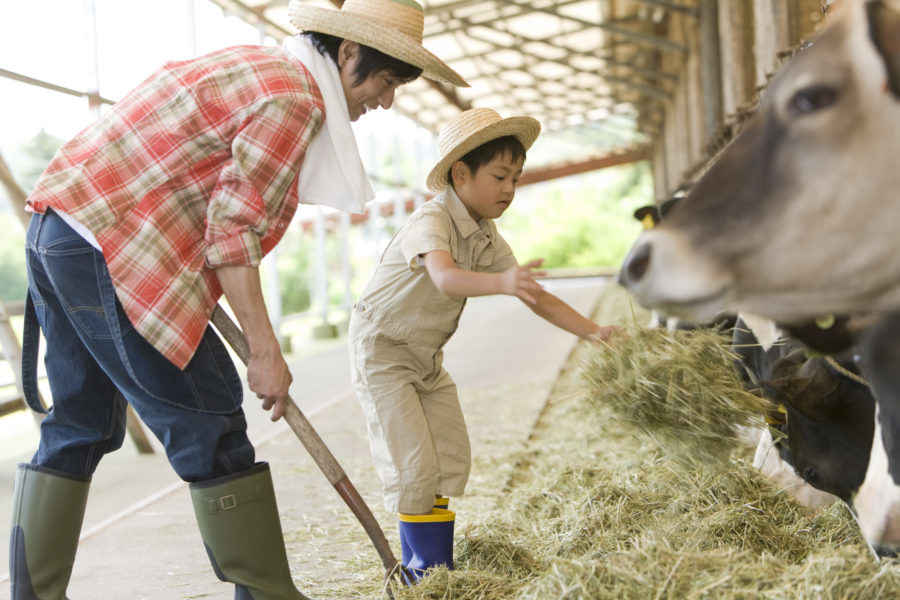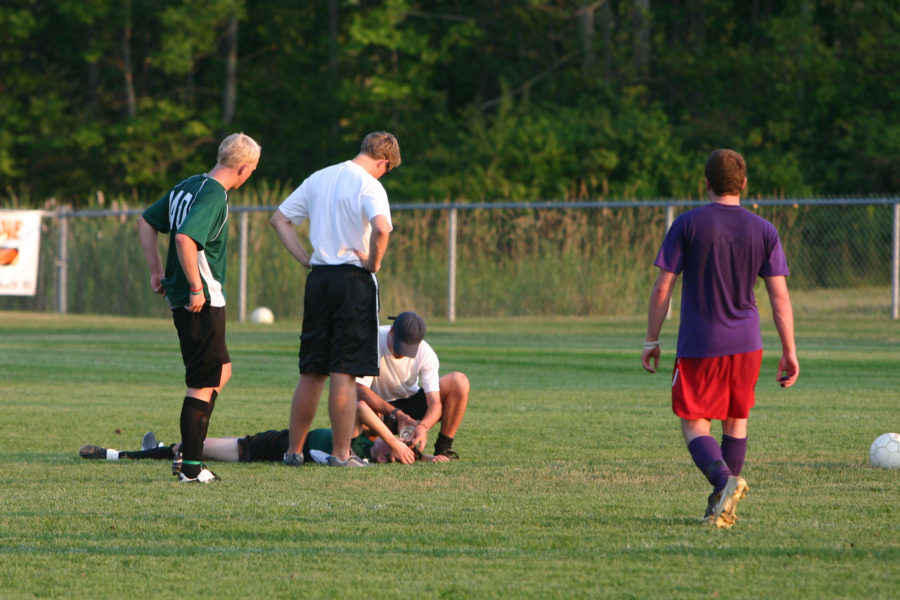
The CDC’s Eviction Moratorium Order Is Unprecedented: What Does It Mean for Tenants and Landlords?
Law & Policy InsightsFood and Housing Insecurity MeasuresMillions of Americans are at risk of losing their homes in the wake of the pandemic and renters are particularly vulnerable as they are less likely to have the resources to weather financial losses. On September 1, 2020, the Centers for Disease Control and Prevention (CDC) issued an unprecedented Agency Order to temporarily halt residential evictions until December 31, 2020. While on its face, the Order is a “win” for public health, legal challenges on statutory and constitutional grounds are almost certain, and implementation will likely present difficulties.











